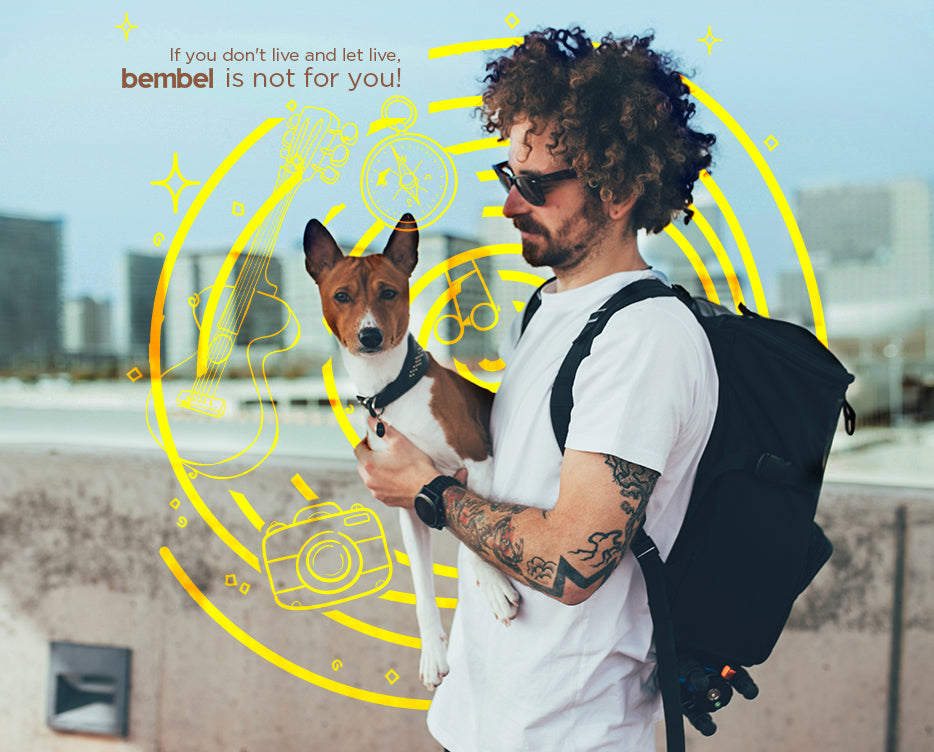A new study tested whether people believe free will arises from a metaphysical basis or mental capacity. Even though most respondents said they believed humans to have souls, they judged free will and assigned blame for transgressions based on pragmatic considerations — such as whether the actor in question had the capacity to make an intentional and independent choice.
Across the board, even if they believed in the concept of a soul, people in a new study ascribed free will based on down-to-Earth criteria: Did the actor in question have the capacity to make an intentional and independent choice? The study suggests that while grand metaphysical views of the universe remain common, they have little to do with how people assess each other’s behavior.
“I find it relieving to know that whether you believe in a soul or not, or have a religion or not, or an assumption about how the universe works, that has very little bearing on how you act as a member of the social community,” said Bertram Malle, professor of cognitive, linguistic and psychological sciences at Brown University and senior author of the new study. “In a sense, what unites us across all these assumptions is we see others as intentional beings who can make choices, and we blame them on the basis of that.”
Characteristics of Free Soul is same as of those described as "Jivan-Mukta" in Upanishads.
Here are they...
He has no Guru, no disciple, no diminution, no excess, no Brahma, no Vishnu, no Rudra, no moon, no earth, no water, no air, no eather, no Agni, no clan, no Lakshya (object aimed at), no mundane existence, no meditator, no object of meditation, no mind, no cold, no heat, no thirst, no hunger, no friend, no foe, no illusion, no victory, no past, present, or future, no quarters, nothing to be said or heard in the least, nothing to be gone to (or attained), nothing to be contemplated,
enjoyed or remembered, no enjoyment, no desire, no Yoga, no absorption, no garrulity, no quietude, no bondage, no love, no joy, no instant joy, no hugeness, no smallness, neither length nor shortness, neither increase nor decrease, neither Adhyaropa (illusory attribution) nor Apavada (withdrawal of that conception) , no oneness, no manyness, no blindness, no dullness, no skill, no flesh, no blood, no lymph, no skin, no marrow, no bone, no skin, none of the seven Dhatus, no whiteness, no redness, no blueness, no heat, no gain, neither importance nor non-importance, no delusion, no perseverance, no mystery, no race, nothing to be abandoned or received, nothing to be laughed at, no policy, no religious vow, no fault, no bewailments, no happiness, neither knower nor knowledge nor the knowable, no Self, nothing belonging to you or to me, neither you nor I, and neither old age nor youth nor manhood; but I am certainly Brahman. ‘I am certainly Brahman. I am consciousness, I am consciousness ’.
CHe is said to be a Jivanmukta who cognises: ‘I am Brahman alone, I am consciousness alone, I am the supreme’. No doubt need be entertained about this; ‘I am Hamsa itself, I remain of my own will, I can see myself through myself, I reign happy in the kingdom of Atman and enjoy in myself the bliss of my own Atman’.
He is a Jivanmukta who is himself, the foremost and the one undaunted person who is himself the lord and rests in his
own Self.

